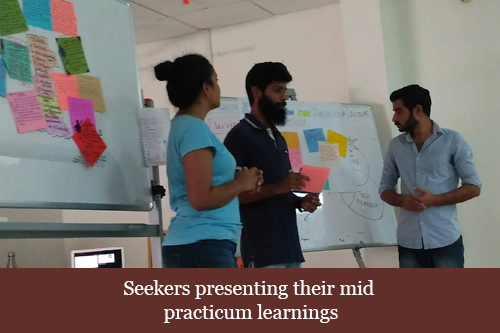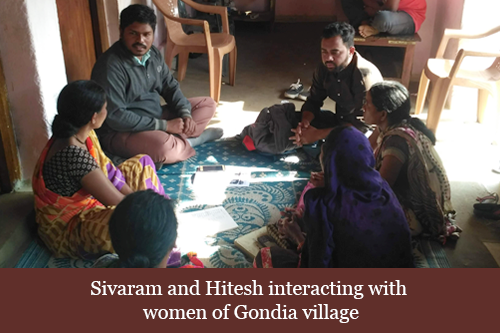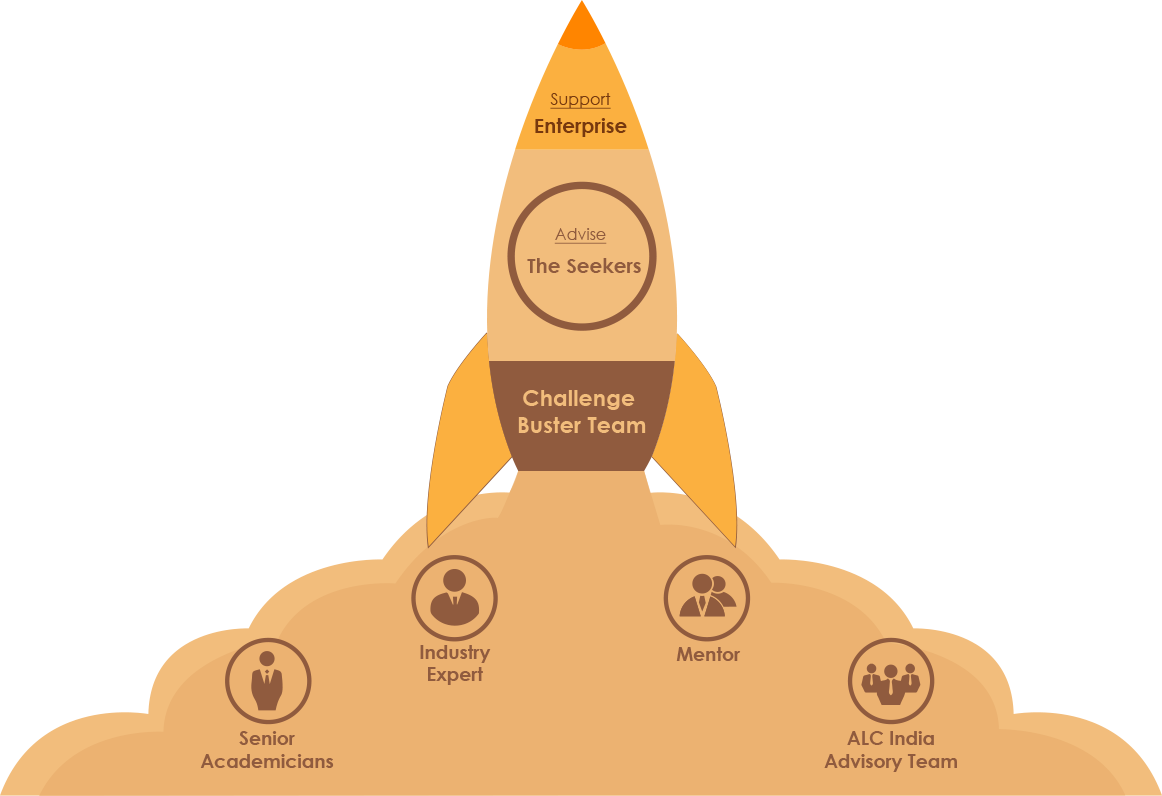The experiential learning will give seekers 4320 hours of entrepreneurial practice, hands-on training and insights into establishing,
running and scaling an enterprise.
The reason for building the programme on the experiential learning framework is
-
Most youngsters today come with a lot of classroom knowledge but very little practical experience.
And entrepreneurship is almost completely about practice.
-
And the decision to be an entrepreneur is to a large extent about having the right mindset and perception of risk. By working directly with an experienced entrepreneur, entrepreneurship is demystified the social entrepreneurship
What will I do there?
The seekers will work directly with the founder in solving five growth challenges, which are identified by the programme team in
consultation with the core team of the enterprise where they are placed.
These challenges will be in different domains and will be dealt with by the seekers in increasing levels of complexity.
During this process, they will pick up on entrepreneurial skills,
reflective practice, and interact with brilliant minds and mentors of their chosen field.
By coming in direct contact with the founders of social enterprises,
they will become part of a network of people who have built India and
be privy to knowledge and experiences covering all aspects of life.
In 24 months, TII seekers will not just study but work with 60 entrepreneurs and build
30 enterprises making them able to succeed in the markets. Their work will be
structured around solving 5 key challenges that are identified by the programme team,
in consultation with the social enterprise.
The complexity of these challenges will
increase during the course of the experiential learning.


